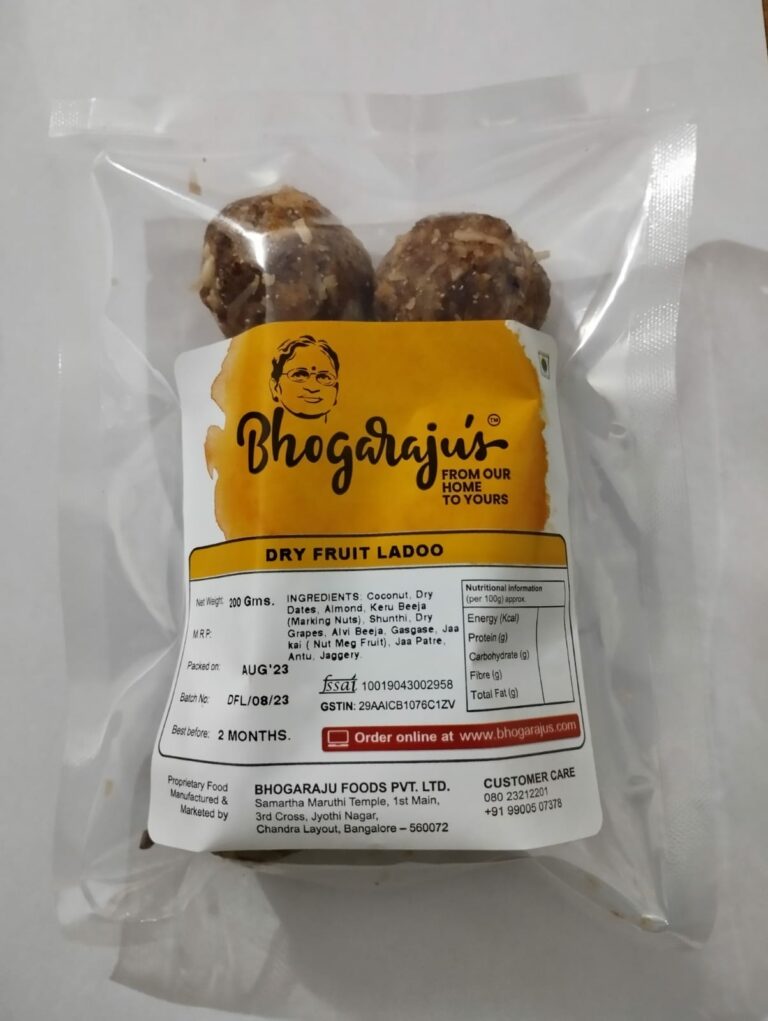Digital Food Management: Innovations in managing food production and distribution.
Traditional food management systems face various challenges in today’s fast-paced world. One primary difficulty is the lack of real-time tracking and monitoring, leading to potential food spoilage and waste. Without up-to-date information on inventory levels and expiration dates, businesses may struggle to maintain efficiency and control costs effectively. Additionally, manual record-keeping processes can be time-consuming and prone to errors, impacting overall operations.
Another significant challenge in traditional food management is the limited visibility into supply chain processes. With disjointed and siloed information across different stages of the food production and distribution chain, it can be difficult to identify bottlenecks or optimize workflows. This lack of transparency can hinder decision-making and responsiveness to changing market demands, ultimately affecting the profitability and sustainability of businesses operating in the food industry.
• Limited real-time tracking and monitoring
• Potential food spoilage and waste due to lack of up-to-date information
• Inefficient inventory management and control costs
• Time-consuming manual record-keeping processes prone to errors
• Limited visibility into supply chain processes
• Disjointed and siloed information across different stages of the food production and distribution chain
• Difficulty in identifying bottlenecks or optimizing workflows
• Lack of transparency impacting decision-making and responsiveness to market demands.
Transition to Digital Food Management
Digital food management systems have revolutionized the way food-related businesses operate. These systems streamline processes by digitizing tasks such as inventory management, order processing, and monitoring food safety standards. By replacing manual procedures with automated solutions, businesses can significantly improve efficiency and accuracy in their operations.
Moreover, transitioning to digital food management offers real-time insights into crucial aspects of the business, enabling quick decision-making. From tracking sales trends to monitoring ingredient usage, these systems provide valuable data that can help businesses optimize their processes and enhance customer experience. With the ability to access data at their fingertips, food establishments can adapt swiftly to changing market demands and uphold their competitive edge.
Benefits of Implementing Digital Solutions
Digital solutions offer numerous advantages for modern food management systems. Firstly, they streamline operations by automating tasks that were previously done manually. This not only saves time but also reduces the likelihood of human errors in crucial processes such as inventory management and order processing. Additionally, digital solutions provide real-time data and analytics, allowing food businesses to make informed decisions promptly based on accurate information.
Moreover, implementing digital solutions can enhance customer satisfaction and loyalty. With features like online ordering platforms and personalized recommendations, businesses can cater to the diverse needs and preferences of customers more effectively. This leads to improved customer experiences, increased retention rates, and ultimately, higher revenue. In today’s fast-paced and technology-driven world, embracing digital solutions is essential for food businesses to stay competitive and thrive in the market.
What are some common challenges in traditional food management?
Some common challenges in traditional food management include manual record-keeping, difficulty in tracking inventory levels, and lack of real-time data for decision making.
How does the transition to digital food management help businesses?
Transitioning to digital food management helps businesses streamline operations, improve efficiency, reduce human errors, and provide real-time insights into their operations.
What are some benefits of implementing digital solutions in food management?
Some benefits of implementing digital solutions in food management include increased productivity, improved customer service, better inventory management, reduced food waste, and enhanced data analytics for informed decision-making.







